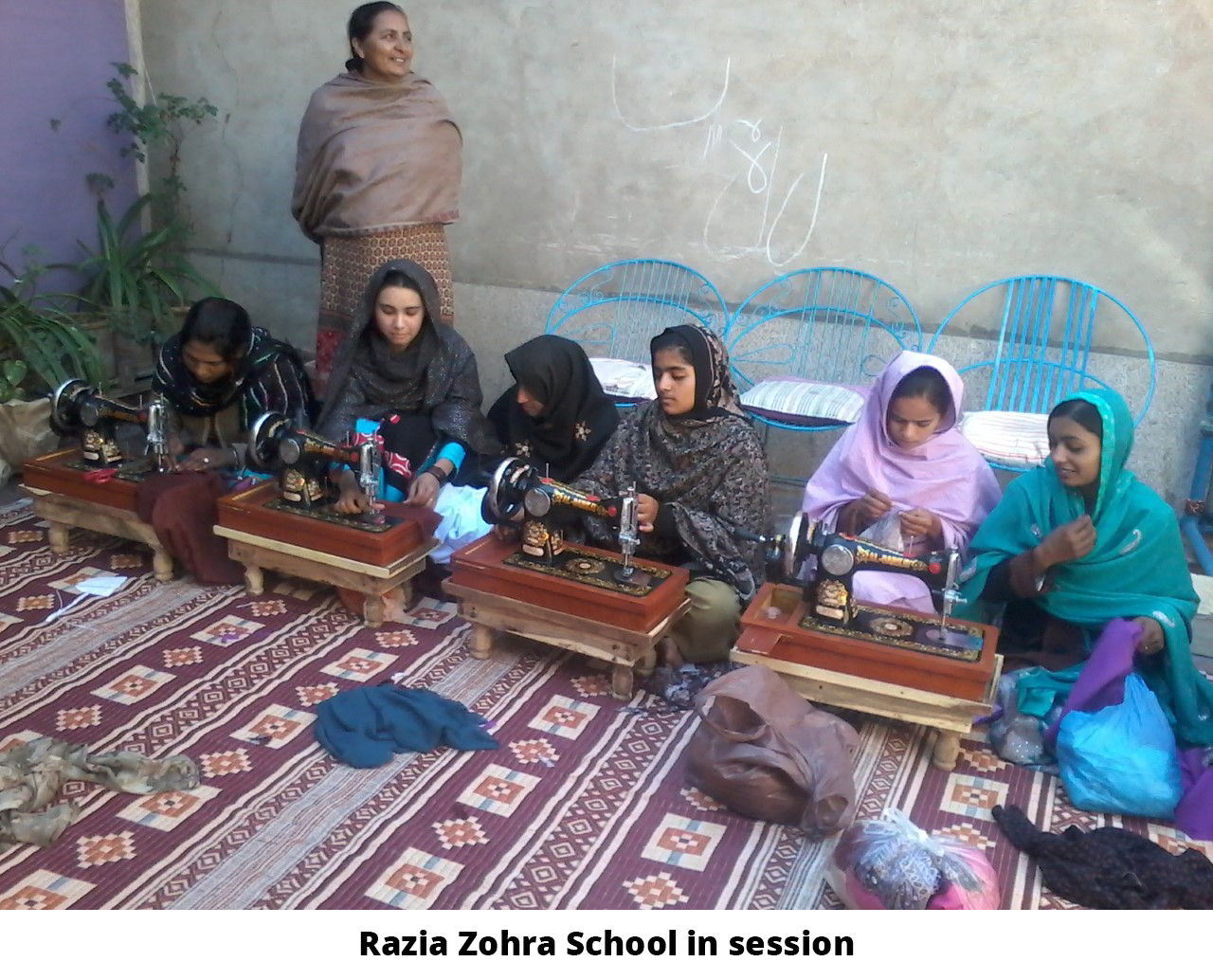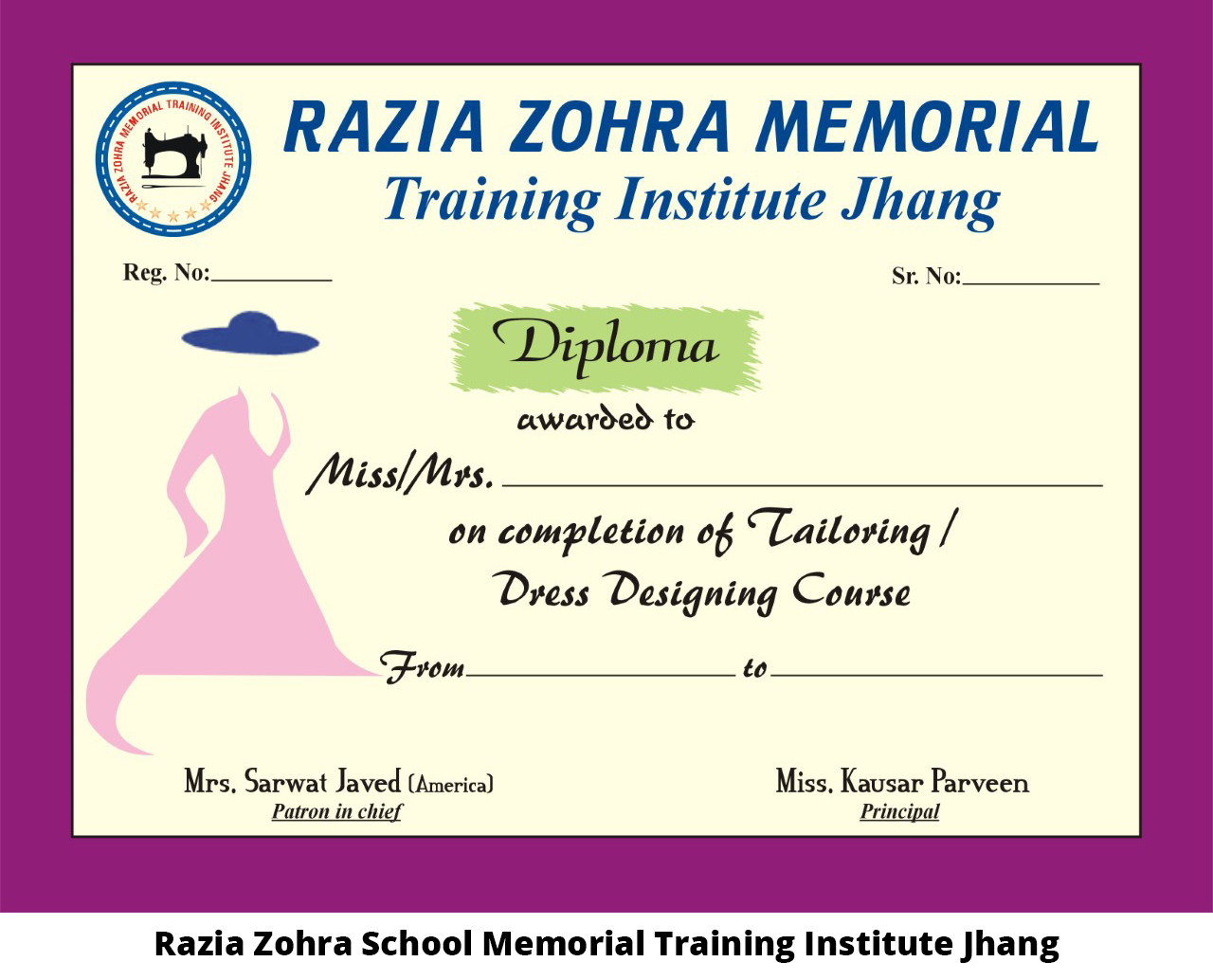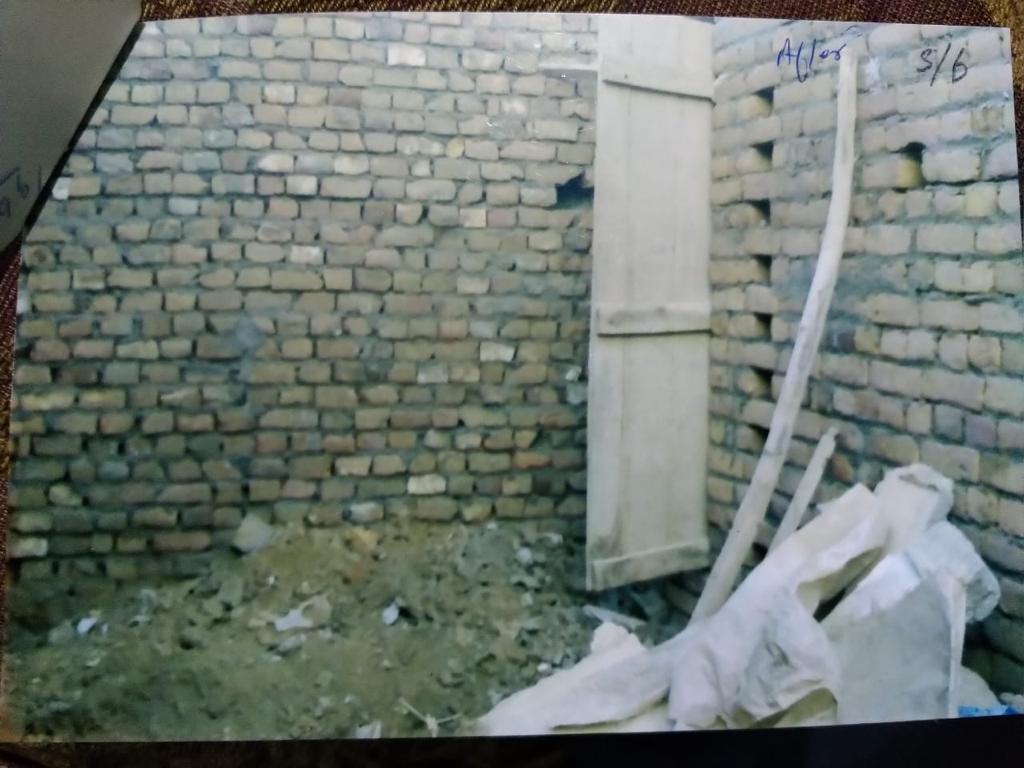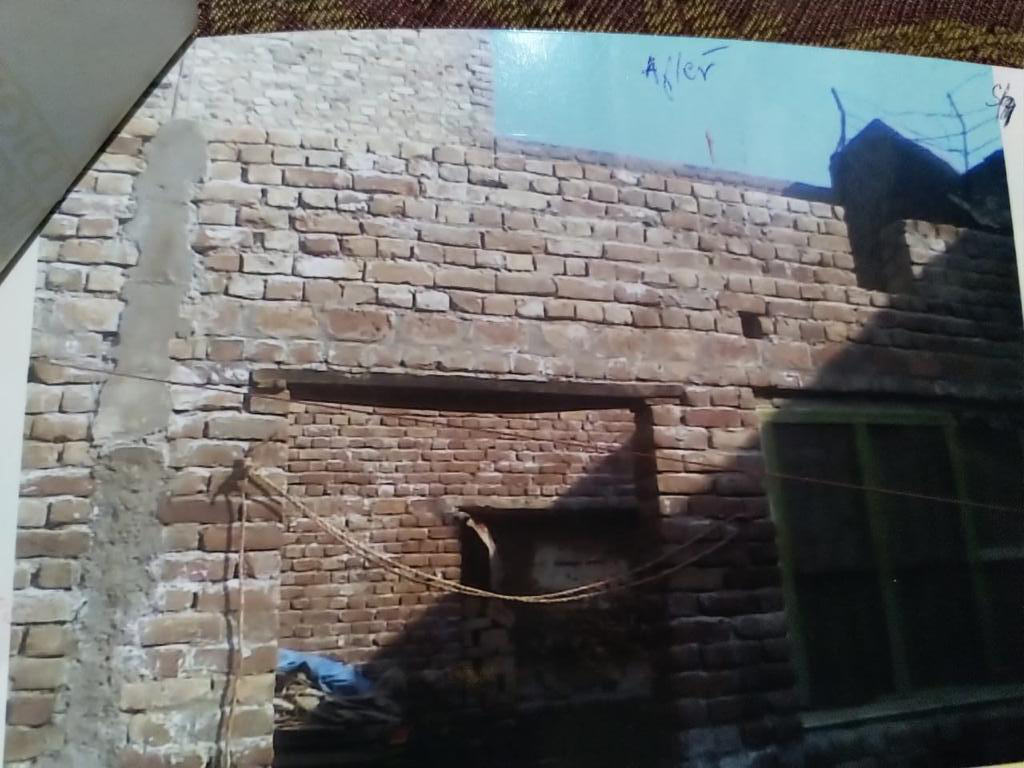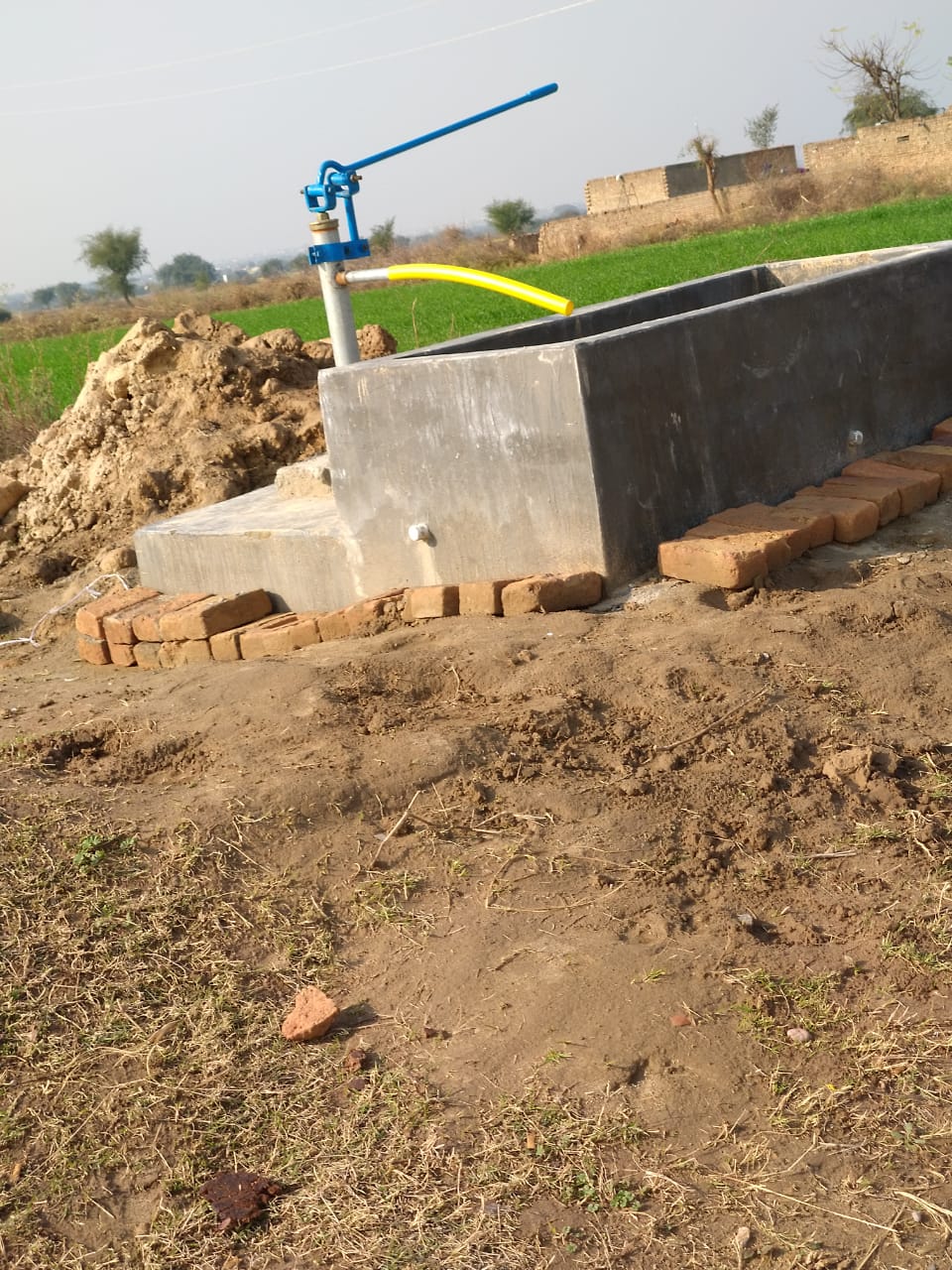WAPPNA Projects
WAPPNA Projects
Mental Wellbeing is our theme for this year.
We are fortunate to have Dr. Farha Abbasi as our speaker, mentor, psychiatrist, and Assistant Professor at Michigan State University. She has done extensive work worldwide and is passionate about the South Asian community and how mental health affects this community.
We are also very grateful to Dr. Mohammed Zeeshan, who practices Child Psychiatry and has advised WAPPNA on such issues.
Dr. Farha Abbasi, Md
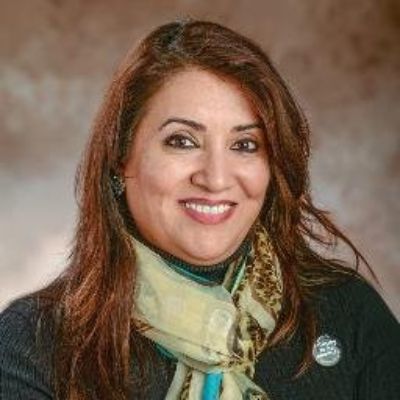
-
Dr. Farha Abbasi is an Assistant Professor in the Department of Psychiatry at Michigan State University and a core Muslim Studies Program faculty member. She is from Pakistan and settled in the United States in 2000 with her three daughters. In January 2009, Dr. Abbasi received the American Psychiatric association SAMSHA Minority fellowship. She used the grant money to create awareness about cultural competency and redefine it as tolerance and acceptance.
- Her areas of interest are cultural psychiatry and teaching medical students how to provide culturally appropriate care to Muslim patients. She works directly with the Muslim American community to encourage integration rather than isolation from mainstream society. In addition to her efforts to build bridges between the two cultures, Dr. Abbasi’s work as a psychiatrist has led her to address the barriers that stigmatize and silence mental health.
- She is the founding director of the Annual Muslim Mental Health Conference. In 2018 the tenth conference was held at the United State Institute Of Peace in Washington, DC. In addition, she launched a Global Muslim Mental Health Conference in Malaysia and Jordan. She is also the managing editor of the Journal of Muslim Mental Health and Director of the Muslim Mental Health Consortium at Michigan State University.
- Dr. Abbasi has received numerous awards for serving the community and promoting mental health. Dr. Abbasi was an Honoree, National Alliance of Mentally Ill, and American Psychiatric Foundation Award for Promoting Minority Mental Health and Globie award winner, Office of International Students Services, Community Service Award by All Pakistanis Physician of North America and Community Service Award by Pakistan Women Association of Michigan.
- She has served on many boards and committees, including Council on Minority Mental Health and Health Disparities American Psychiatric Association. She currently chairs the Mental Health Task Force for the Mayor of Lansing, Michigan.
- She works relentlessly and tirelessly towards one goal: Learning to coexist and go beyond our differences to reach the common point of peace and prosperity.
Muhammad Zeeshan, MD

-
Clinical Assistant professor psychiatry, Rutgers New Jersey Medical School, Newark, NJ
- Child & Adolescent Psychiatry Fellowship at Harvard Medical School-Boston Children’s Hospital.
- Board Certified in Adult and Child Psychiatry
- Infant-Parent Mental Health fellowship at Umass, Boston.
- Current Zero to Three Fellow
- Received >10 regional, national, and international awards for academic excellence, teaching, and leadership from the American Psychiatry Association, American Academy of Child & Adolescent Psychiatry, Association of Directors of Psychiatry Residency Training, and Nishtar Alumni of North America.
- Presented many workshops and posters at regional and national conferences, published articles, and co-authored a book chapter in the field of psychiatry
Actively involved in teaching medical students, residents, fellows, pediatricians, psychologists, and school staff in the US and Pakistan
Both these speakers will be speaking at our annual summer meeting in New Jersey in July this year to coincide with the APPNA meeting. We are also looking at ways to expand our mental health outreach to underserved communities, and it is a work in progress. We are holding regular webinars on psych issues, and DR Abbasi has been our speaker, and various topics have been discussed. This will continue for the rest of the year.
Click on the link below to view WAPPNA “War on Women Project”
Highlights
-
Flood relief involves rebuilding the homes of the people of KPK in Pakistan. We were able to house them back in their previously destroyed homes due to the floods.
- Clean water supply provided to a community in Sindh in collaboration with a local non-profit.
- Asian Human Rights Commission report by Wappna highlighted the atrocities on women and children against the war on terror. This was presented to the State Dept.
- Financial support was provided to a school in the village of Kasran near Rawalpindi to teach computer science to the local students. Laptops were donated, and running expenditure was provided as long as we had it under our care.
- Scholarships are given to deserving, underprivileged students in Pakistan.
- Amnesty International and Human Watch participation organized by Amnesty International on Internal Womens Day in Washington DC.
- Wappna organized the first Youth Conference in New York in 2010 under the banner of Appna.
- Participated in the US State Dept discussion to facilitate US- Pak relations.
- Sponsored the Julian Center, a shelter for abused women and children of South Asian descent.
- Annual Wappna meetings have invited prominent Pakistani American professionals and Pakistani diplomats to be keynote speakers.
- Wappna sponsored the housing project in Detroit, Michigan, for Pakistani women physicians coming to the US to take their exams and apply for residency positions. Wappna bought a van to facilitate the transportation of these women physicians.
- The Razia Zohra Memorial Institute was founded in Jhang to train local women to learn sewing and develop skills to adopt a trade to be financially self-sufficient.
- Wappna physicians joined the Appna team to provide medical aid and distribute free medical supplies, food, and clothing to the Rohingya refugees stranded in Bangladesh in 2017.
- It is worth noting that Wappna has 0% overhead as we do our charitable projects at our own cost and sometimes will use our family members, who are just as vested as we are in these projects.
Houses were rebuilt with the help of WAPPNA after they were destroyed in the floods in KPK Pakistan.
Separate water wells built by WAPPNA for human and animal consumption.
The Middle East crisis
Introduction
The Palestinian and Muslim perspectives on the Israeli occupation of Palestine are absent and overshadowed in the global discussions. This article brings these viewpoints to the forefront exploring the deep-rooted and ongoing struggle for rights and recognition faced by Palestinians. We delve into the historical perspective and external pressures by colonial powers and the wider impact on international relations, aiming to provide a clear understanding of the conflict and the urgent need for a resolution that honors Palestinian voices.
Historical Context
With the fall of the Ottoman empire after World War !, the League of Nations granted Britain control over Palestine. The significant Jewish immigration to Palestine began in early 1900’s.
Before the establishment of the State of Israel in 1948 and the subsequent Nakba, the situation for the Palestinians under British mandate became characterized by serious tension and conflict. The Jewish population in Palestine increased due to immigration facilitated by the British policies and Zionist efforts. The British policy also enabled significant land purchases by Jewish organizations that pooled their resources from wealthy community members for the benefit of the broader Jewish community from Arab landowners who were often under economic duress. It is important to note that in this environment of change facilitated by the new policy, Britain chose not to counteract economic strife among the Palestinians.
The Balfour Declaration in 1917 promised support for the establishment of a “national home for the Jewish people” in Palestine, thereby encouraging Jewish immigration and settlement. While it also stipulated that the rights of the existing non-Jewish people be preserved. But this declaration was interpreted by Zionist movements as a green light to increase Jewish presence through land purchases.
The British Mandate between 1920-1948 sanctioned by the League of Nations included the responsibility to implement the Balfour Declaration further legitimizing Jewish settlements. The British provided the legal and administrative framework that facilitated the transfer of land from the Arabs to the Jews. The British also introduced modern land registration systems formalizing land ownership, a process that was manipulated to the advantage of more organized and wealthy Jewish buyers. Many Arab landowners, often absentee landlords living in urban centers sold land to Jewish agencies. All these moves were favoring the infrastructure of the Jewish people under British control. Jewish land acquisitions lead to the displacement of Palestinians, as well as a loss of livelihood and social disruption. This disparity led to issues that are still unresolved to this day and are integral to the peace process. Till 1939 Jewish land acquisition continued and after that the British tried to limit Jewish immigration due to unrest by the Palestinians but by then significant land had already changed hands. The economic depression of the 1930s severely affected the Arab population in many different ways. Also the British indirectly supported Jewish establishments thereby igniting Jewish and Arab tensions and unrest. So in 1929 the Palestine Riots took place with significant casualties on both sides. The Arab Revolt took place between 1936-1939.This was a nationalist uprising by the Palestinian Arabs against British rule and Jewish immigration. The British responded with severe military measures further disillusioning the Palestinian population.
After WW II the holocaust survivors emigrated in large numbers encouraged by international pressure and a change in British policy. Many proposals were put in place but rejected by both the Arabs and Jews. In the meantime Britain was going through eceonomic turmoil and challenges by the international community thereby announcing their intention to terminate the Mandate and withdraw its forces leaving the newly declared state of Israel in conflict.
The Nakba took place in 1948 after the State of Israel was declared but rejected by the Arab leaders and the Arab league. There was mass expulsion of the Palestinians who were not allowed to return to their homes which had been taken over by the Jewish settlers. Removal of Palestinians from what became Israel altered the demographics of the land consolidating the Jewish majority and permanently changing the Palestinian social and cultural fabric. The Palestinians fled to neighboring countries like Lebanon, Syria and Jordan as well as West Bank and Gaza Strip. They are still there to this date.
Current Situation
The political landscape within the Palestinian territories is complex with governance split between Fatah which controls the West Bank and Hamas which governs the Gaza strip. This division has led to a fragmented political environment which makes both internal and external dealings complicated. The Palestinian Authority led by Fatah is recognized internationally but has limited powers. Hamas, while considered a terrorist organization by Israel, the US and several other countries is providing a legitimate resistance movement by its supporters. It is providing a stance of resistance against Israeli occupation which resonates with parts of the Palestinian people despite economic blockades and military retaliation.
Free press is a myth when it comes to media coverage of the Palestinian-Israeli conflict with significant biases noted in many western media outlets. The Israeli perspective is overly represented and in many cases artificially manufactured while the Palestinian perspective is ignored and buried. Alternative facts are published without fact checking, perpetuating misinformation and Israeli propaganda is reported as the objective truth. This misrepresentation leads to a skewed understanding of the conflict among the international audience.
This underscores the need for critical media consumption as well as diverse sources of information. Social media has emerged as a vital platform for Palestinians and their supporters, allowing them to directly share their narratives. The raw, unadulterated content shared on platforms has played a critical role in shaping international lay person understanding of the conflict. The direct communication from Palestine has brought unprecedented global attention to their struggles. Despite obstacles, social media continues to empower the Palestinians, enabling them to mobilize, organize protests and directly engage with a global audience.
Dr Shaheen Mian MD









